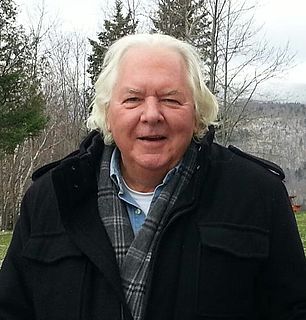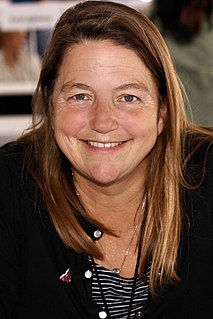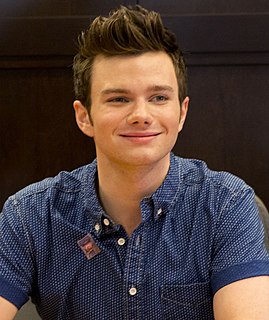A Quote by Donald Johanson
What's changed is we now have good anatomical, geological, archaeological evidence that Neanderthals are not our ancestors. When I wrote 'Lucy,' I considered Neanderthals ancestors of modern humans. We have gone back twice the age of Lucy, six million years. And we see that upright bipedal walking goes back that far in time.
Related Quotes
Our ancestors are looking for us even if we're not looking for them. And by our ancestors I mean our bloodlines and the ancestors of the place where we live and our spiritual kin who go beyond our biological families. We could be walking around carrying an entire ancestral history of the wrong kind for us.
Now one does not think during creative work: any more than one thinks when driving a car. One has a background of years — learning — unlearning— success — failure — dreaming — thinking — experience — back it goes — farther back than one's ancestors: all this, — then the moment of creation, the focussing of all into the moment. So I can make — "without thought" — fifteen carefully-considered negatives one every fifteen minutes, — given material with as many possibilities.
As a child and a teenager, my attitudes and actions assumed the superiority of my race in almost every way without knowing or wanting to know anybody who was black, except Lucy. Lucy came to our house on Saturdays to help my mother clean. I liked Lucy, but the whole structure of the relationship was demeaning.
There are definitely recurring themes in humanity's relationship with our environment. The biggest is probably adaptation, because humans are incredibly good at adapting to new environments in relatively short periods of time. The ancestors of Homo sapiens started leaving Africa over one million years ago, moving from warm, tropical climates into the freezing wilderness of Europe and the desert ecosystems of the Middle East.



































